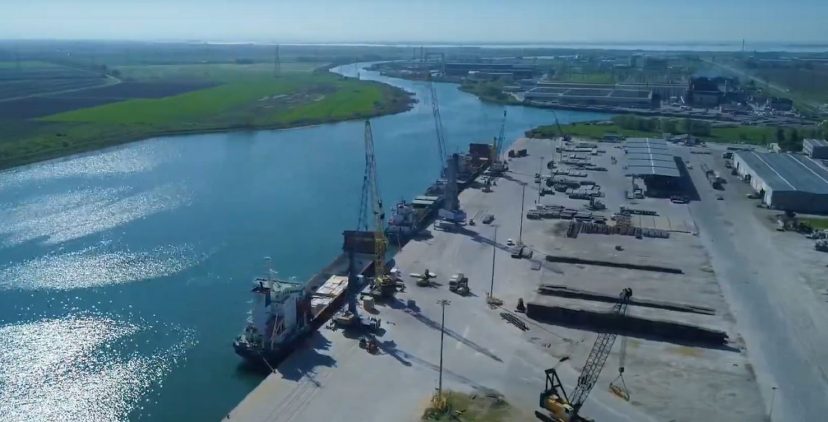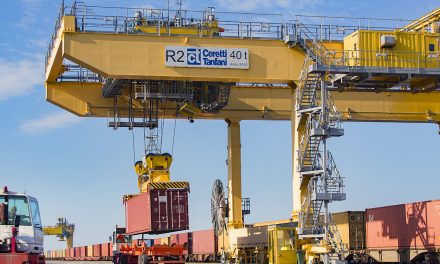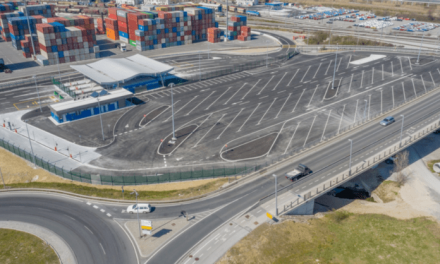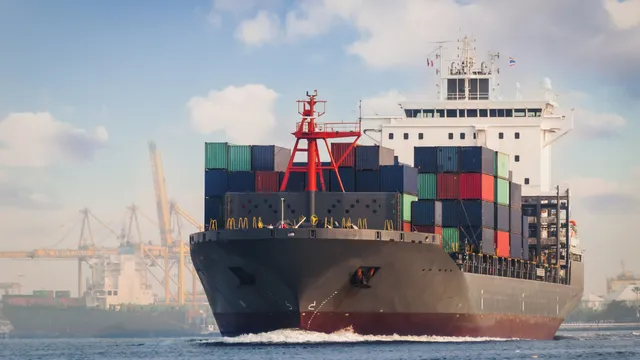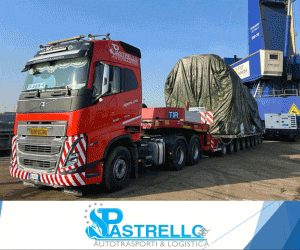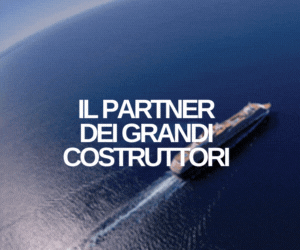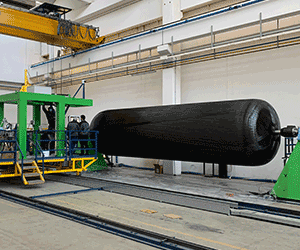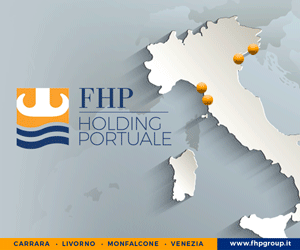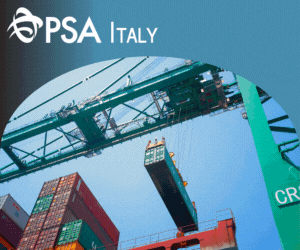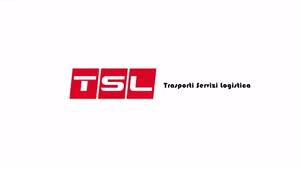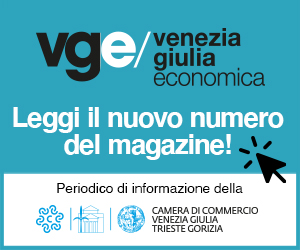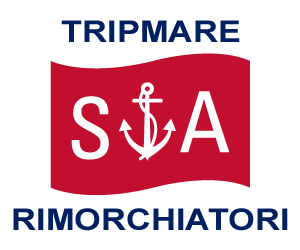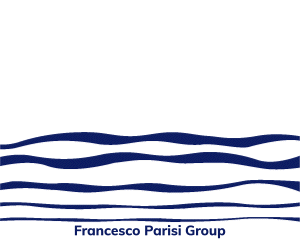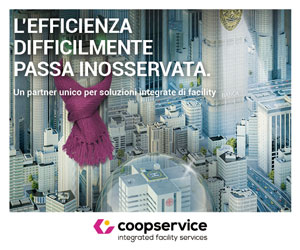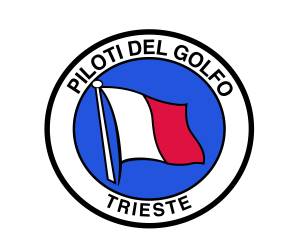TRIESTE – Shortening of administrative procedures, greater speed in implementing works, even for small and medium-sized enterprises.
These will be, explains Confindustria Udine, the advantages of the Simplified Logistics Zone that is trying to establish in Friuli Venezia Giulia.
In particular, a reduction of a third of the terms relating to environmental and landscape authorizations and environmental assessment procedures could be obtained; the reduction of half of the terms provided by national legislation for the Conferences of Services, functional to the acquisition of opinions and authorizations. Finally, the FVG Region will identify further administrative simplifications on the practices that fall within its competence.
The benefits provided for all companies included within a Simplified Logistics Zone, relative to investments (new settlements or expansions), are valid for all types of companies.
«The works for the realization of infrastructural projects in the SLZ – underlines the president of Confindustria Udine, Anna Mareschi Danieli – are of public utility, therefore irreversible and urgent. In addition, once the SLZ has been established, the possibility of setting up customs enclaved free zones is foreseen, which allow operating under the VAT and customs duty suspension regime. The reduced terms envisaged for the reference procedures are peremptory so that, once they have expired unnecessarily, the acts are deemed to have been carried out favourably. Therefore, these are simplified procedures and accelerated timeframes for ordinary regulatory practice, which concern any company, of any productive sector and any size, as long as they operate within the SLZ».
The simplifications and facilitated procedures from which companies investing in the Zes/SLZ can benefit (according to Articles 5 and 5 bis of DL n. 91/2017 and subsequent amendments and additions) turn out to be the following:
1) reduction by one-third of the times of administrative procedures to obtain building concessions, building permits, certified signalling of the start of activities, port state concessions, landscape authorization, single environmental authorization, integrated environmental authorization, environmental impact assessment, strategic environmental assessment;
2) reduction by half of the time required to acquire opinions, consents, clearances necessary to obtain authorizations, licenses, permits and concessions as part of the single authorization procedures foreseen for projects relating to economic activities or to the settlement of productive or logistic activities in the LSZs (the single authorization procedure concerns projects that are not subject to certified notification of the start of activities; the single authorization, where necessary, constitutes a variant to the urban and territorial planning instruments except the regional landscape plan; it is issued by the Extraordinary Commissioner of the Government, who chairs the Steering Committee, following a special services conference);
3) realization of the primary urbanization works within 90 days from the request.
But who benefits concretely from the advantages deriving from the ZSL? To understand it, Confindustria Udine has analyzed the regional rankings referred to the incentives for settlement (contribution interventions referred to in Article 6, paragraph 2 of Regional Law February 20, 2015, number 3).
Scrolling through the 2018-2019-2020 calls for applications, it was noted that, compared to 19 applications accepted in 2018, only one of these concerned a large company; seven were the medium-sized companies that benefited, and as many as 11 were small companies awarded by the call itself. Moving on to 2019, out of 20 accepted applications, three concerned large companies, five concerned medium-sized companies and 12 concerned small companies. Finally, in 2020, out of 25 taken applications, three concerned large companies, six medium-sized and 16 small.
«In short – concludes Anna Mareschi Danieli-, in the last three years, 90% of new settlements or expansions have concerned small and medium-sized enterprises».

